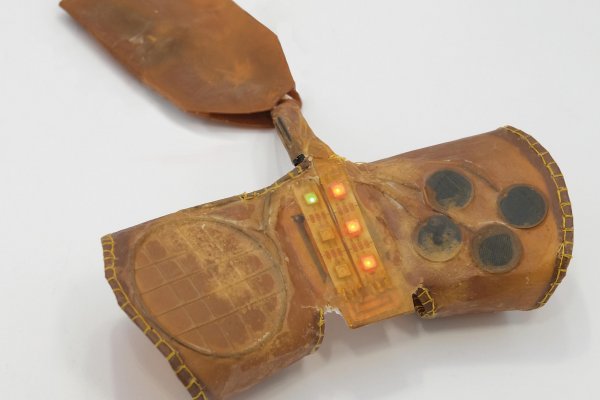While the universally valid, the factual and the real are becoming increasingly difficult to grasp, the illusionary and the imaginary are becoming more readily available - "reality" is dematerialising in the face of the dominance of the virtual. And last but not least, AI systems are creating new realities in a materially effective virtuality. It all boils down to an environment in which rules come into effect that were long characterised only by game worlds and narratives, and which now have not only politically questionable but also psychodynamic, i.e. psychiatrically relevant, consequences.
The spectrum ranges from an understanding of play as an example of creative engagement with the world, in which homo ludens develops his cultural and personal abilities, to the significance of the aesthetic and playful as an antithesis to instrumental reason, as Marcuse, for example, associated the term with freedom and thus interpreted it politically, to playing with and around reality; from the exploitation of players playing games to those forms of propaganda, political agitation, manipulation and targeted disinformation which, by playing their games with reality, successively transform it into a gaming environment (the term global player takes on a further dimension here). Another topic area concerns the manipulation of users of current technologies to accept the predetermined rules of the respective products and ultimately become a product themselves, a pawn in the game.
In his book Homo ludens, Johan Huizinga defined play as a voluntary action or activity that is carried out within certain fixed limits of time and space according to voluntarily accepted but unconditionally binding rules, has its goal in itself and is accompanied by a feeling of excitement and joy and an awareness of being 'different' from 'ordinary life'.

